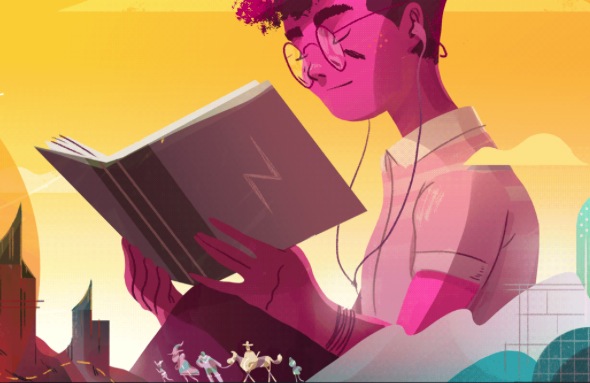Editor’s Note: After yesterday’s discussion on how we can use Fantasy to explore our own community and issues, this article from Lev Grossman at Time seemed particularly apropos:
————
hen I was a kid, in the 1980s, fantasy was not entirely OK. It had, let us say, some unpleasant associations. It was fringey and subcultural and uncool. In my suburban Massachusetts junior high, to be a fantasy fan was not to be a good, contented hobbit, working his sunny garden and smoking his fragrant pipeweed. It was to be Gollum, slimy and gross and hidden away, riddling in the dark.
Not that this stopped me, or a lot of other people. C.S. Lewis, J.R.R. Tolkien, Ursula Le Guin, Anne McCaffrey, Piers Anthony, T.H. White, Fritz Leiber, Terry Brooks: I read them to pieces, and I chased them with a stiff shot of Dungeons & Dragons. But I did these things privately. In the wider world, of which I was reluctantly a part, a love of fantasy was a sign of weakness.
But that has changed. Something odd happened to popular culture somewhere around the turn of the millennium: Whereas the great franchises of the late twentieth century had tended to be science fiction–Star Wars, Star Trek, The Matrix–somewhere around 2000 a shifting of the tectonic plates occurred. The great eye of Sauron swiveled, and we began to pay attention to other things. What we paid attention to was magic.



